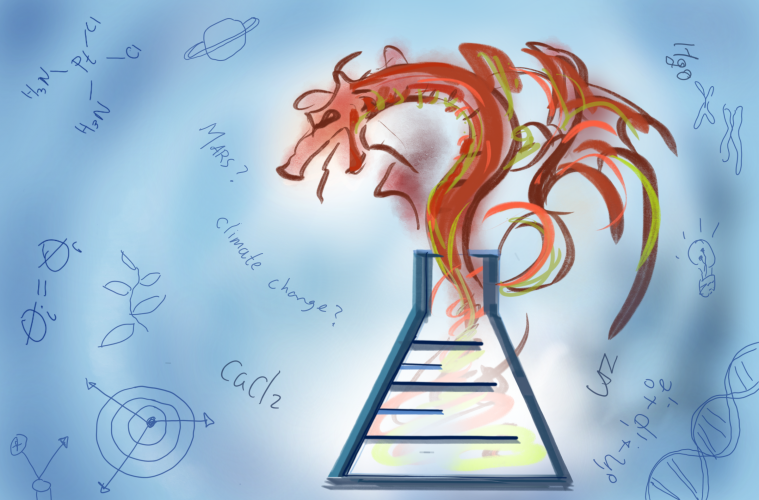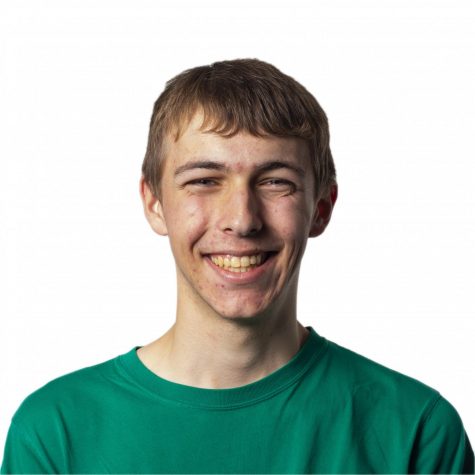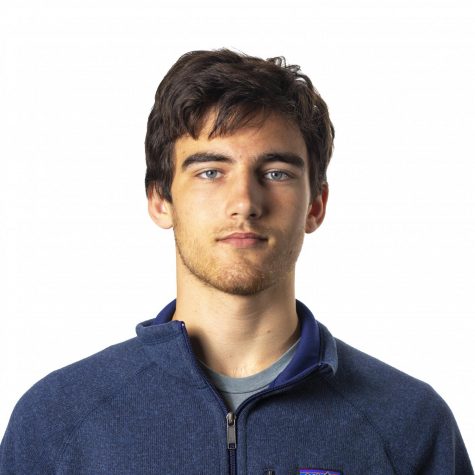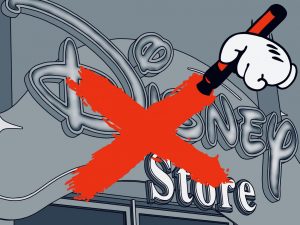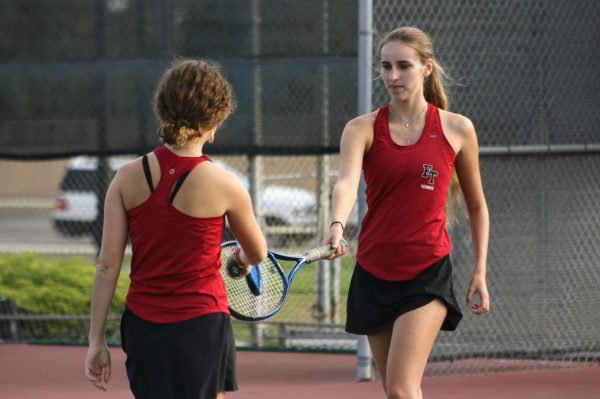The Science Hub: social media study, Nobel Prizes, firefighting foam contamination
The Science Hub is a bi-weekly newsletter to update you on science headlines, this time with a piece by Alex Dodos.
October 30, 2019
Stop demonizing screen time and start getting more sleepy time
A talking point we have all heard by now is that social media and phones are rupturing the social fabric and making people, especially young people, more depressed and disconnected.
To explore this connection, England’s Department of Education tracked 13,000 British ninth graders through their eleventh-grade years and concluded that screen time alone is not linked to self-reported unhappiness or anxiety levels.
The author’s conclusions also confirm what technology users have been insisting all along: lack of exercise, lack of sleep, and cyberbullying are the real demons.
As a side note, contemporary research should make sleep deprivation an even greater cause for concern among people of all ages. There is reason to suspect that chronic sleep deprivation increases one’s chances of Alzheimer’s. Experiments have found higher levels of beta-amyloid, the protein that causes Alzheimer’s, in sleep-deprived brains.
Should these results teach us anything, it is that users have the most influence over whether phones and computers enrich their life or make it miserable. Some people use social media a lot, others, less. Failing to acknowledge this does a disservice to positive psychology.
-Alex Dodos
Nobel Prizes for Science
On Oct. 7, Oct. 8 and Oct. 9, the Nobel Prize for Medicine, Physics and Chemistry was awarded respectively.
For Medicine, the prize was awarded to William G. Kaelin Jr., Sir Peter J. Ratcliffe and Gregg L. Semenza as a result of their discovery of how cells sense and adapt to low oxygen levels.
For Physics, the prize was jointly awarded to James Peebles as well as Michel Mayor and Didier Queloz for Peebles discoveries in the understanding of the early stages of the universe and Mayor and Queloz’s discovery of a planet orbiting a star similar to our Sun.
For Chemistry, the prize was awarded to John B. Goodenough, M. Stanley Whittingham and Akira Yoshino for their work on the development of lithium-ion batteries.
-Thomas Weldele
Fire fight brings water contamination
Fire after fire has swept across California the past few years, the most recent being the Saddlewood fire that covered the northern edge of Los Angeles and devastated Sylmar residents for the second time since the Sayre wildfire of 2008.
As the drought-ridden state combats blazes, it isn’t just fire that residents have to worry about.
Firefighting foam, although a necessary way that officials combat fires, is becoming an alarming issue as the spread of flames introduces more and more chemicals from the firefighting foam into the environment.
High levels of such chemicals known as perfluoroalkyl or polyfluoroalkyl substances (PFAS) have been reported all over the state, from church wells to community water supplies.
These pervasive chemicals are linked to several health concerns including liver cancer and hormone deficiencies, leaving state officials with the prospect of a huge environmental cleanup, estimating to cost close to 2 billion dollars.
Testing and treatment of areas suspected of contamination will take years, but studying the effects of these chemicals may provide a solution for firefighters to snuff out dangerous situations without creating a new one.
-Naomi Schmitt

